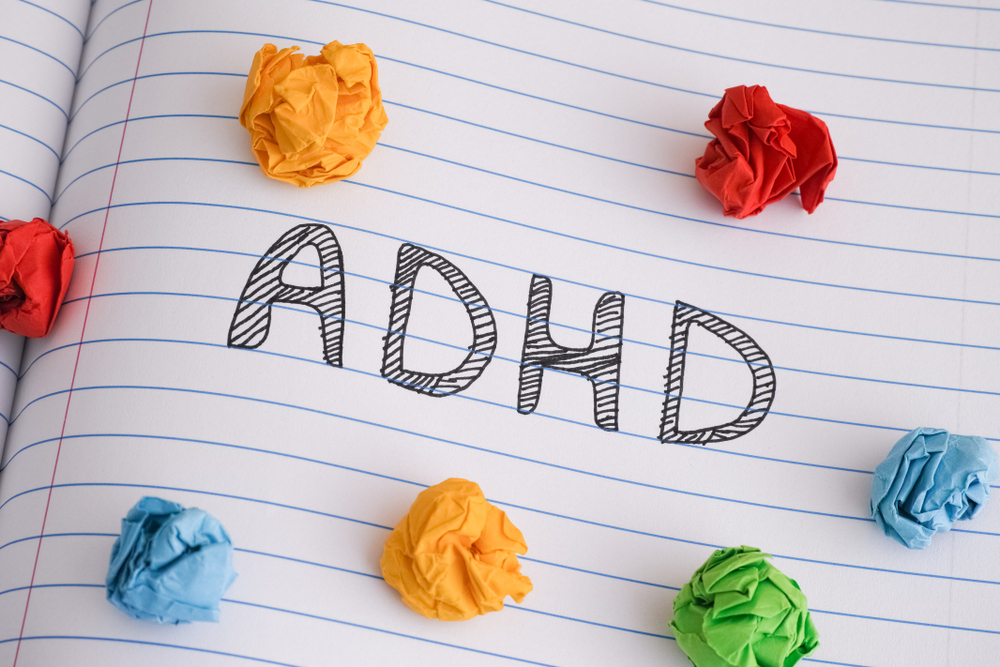
by Erica L. Meltzer | Dec 10, 2016 | Blog, Parents, Tutors
A couple of weeks ago, I was talking to a colleague who teaches high school, and she told me about a recent incident that had left her thinking.
One of her students was enrolled in a dance class (in-school) that was holding an open house, and the student invited my colleague to attend. As my colleague watched the class, she became aware that the atmosphere was one of calm and focus. The students were disciplined and respectful, yet the teacher and students seemed relaxed, and the students were clearly enjoying the class.
My colleague was struck by the contrast between that atmosphere and the far more tense atmosphere of her own academic classes, in which she alternately had to plead with, threaten, and cajole students who consistently seemed surprised if not downright annoyed when she expected them to so much as pick up a pencil and copy a couple of sentences from the smart board.
How, she wondered, could this possibly be happening in the same school? (more…)

by Erica L. Meltzer | Oct 15, 2016 | Blog, Issues in Education, Parents, Tutors
As a tutor, I observed a striking phenomenon: despite the pressure to boost students’ confidence levels, I noticed that the amount of confidence my students exhibited often had an inverse relationship to their amount of knowledge.
My highest scorers were moderately confident but also very aware of their weaknesses, whereas my persistently low scorers tended to overestimate their abilities, sometimes dramatically so. (True story: the only student who ever told me he was going to answer every question right on the SAT was scoring in the high 300s-400s.)
As for students who started off lower and raised their scores significantly, they almost always experienced a watershed moment in which they realized that the test was actually hard and that they were going to have to put more in to get the results they wanted. As their knowledge increased and they were able to more effectively self-assess – that is, to more accurately recognize what they didn’t know – their confidence was shaken. But notably, their performance continued to improve.
It turns out that all this is actually an established phenomenon known as the Dunning-Kruger effect; and as I’ve come to realize, it applies to teaching as well. Regardless of how well novice teachers know their subject, they don’t know what they don’t know about teaching.
(more…)
by Erica L. Meltzer | Oct 4, 2016 | Blog, Parents, The New SAT, Tutors
The New York Times op-ed columnist Paul Krugman often talks about zombie ideas – ideas that are unsupported by any evidence but that continue to linger on in the mainstream, where they are kept alive by Very Serious People who should really know better, but who collectively choose to bury their heads in the sands because it suits their needs to do so.
As far as the SAT is concerned, I would like to nominate two myths in particular for zombie status: (more…)

by Erica L. Meltzer | Aug 18, 2016 | Blog, Parents, Tutors
I think it’s fair to say that one of progressive education’s central characteristics is its obsession with so-called “active learning” and its abhorrence of student passivity.
The Center for Research on Teaching and Learning at the University of Michigan defines active learning as “a process whereby students engage in activities, such as reading, writing, discussion, or problem solving that promote analysis, synthesis, and evaluation of class content,” which seems like a perfectly reasonable pedagogical prescription.
Obviously, one of the primary goals of teaching is to encourage students to engage with the material; it would be difficult for anyone to seriously argue that students should approach material passively. (more…)


